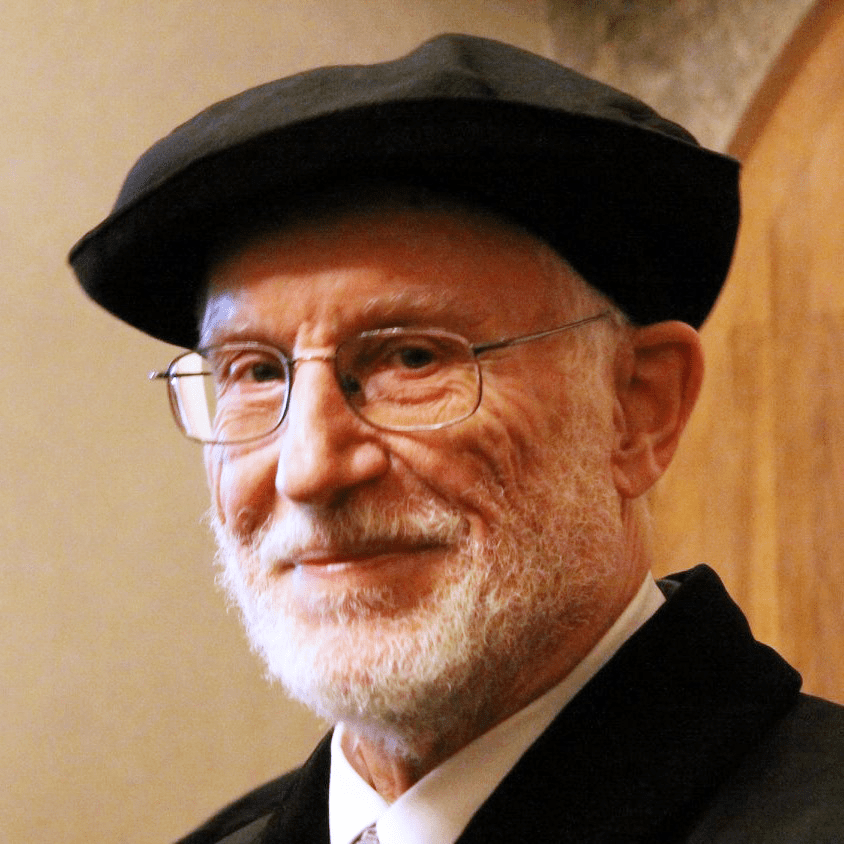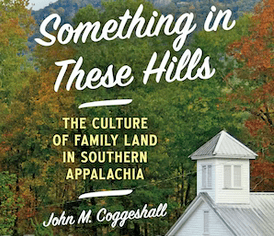As Joe Sherman, Clemson University, Class of ‘34, writes “There’s something in these hills,” and for many residents of the Appalachian mountains that is very true. But finding the words to fully explain what that something is in these hills can be difficult, as cultural anthropologist John M. Coggeshall discovered.
For those who live here, but whose families did not own land in Appalachia, the mountains are beautiful and a great place to hike, fish and vacation. But to those whose families have owned mountain land for generations, the earth beneath their feet is as much part of the family as their own parents.
Coggeshall writes about this connection to the land in his latest book, Something in These Hills.
Five years of conversations, 90 interviews, hundreds of pages of transcripts and many miles of driving, led to the book, Something in These Hills, published by UNC Press.

“The more I listened to these stories, the more I realized there was a deep emotional tie to the land and losing family land was almost like losing a member of the family,” Coggeshall said.
In the book, he has labeled those who grew up on family land that was passed down for generations as inhabitants, and those who live here, but have no ties to family land are called residents.
Through his interviews, he learned that inhabitants find an almost spiritual connection with their family land; while residents see land as a commodity that can easily be bought and sold.
This book stemmed from a simple request from the Department of Natural Resources to document stories of people who used to live where Lake Jocassee and Lake Keowee are now. To form these two lakes, thousands of acres were flooded when Whitewater, Thompson, Toxaway and Horsepasture rivers were impounded to create Lake Jocassee, and Little and Keowee Rivers were impounded to form Lake Keowee between 1965 and 1973. The lakes were made by Duke Energy for hydropower and for cooling the nuclear reactors at the Oconee Nuclear Station.
Coggeshall said this book helps contribute to the overall literature on Appalachia and what this region means to those who have lived here for generations and endured significant changes to the landscape, such as the creation of these lakes.
“This book gives people a clearer picture of the land, its people and why the land is so important in this culture,” he said. “It allows us to see the land the way its inhabitants do.”
Royalties from this book will be donated to Upstate Forever, a nonprofit dedicated to helping Appalachian families preserve their family’s land.
Katherine Weisensee, chair of the Department of Anthropology, Sociology and Criminal Justice, describes Coggeshall’s research and book as examples of the way the College works to meet its mission to help people and communities.
“This ethnographic research provides not only outstanding academic scholarship but also furthers the department and college commitment to the local community,” Weisensee said.
The Department of Sociology, Anthropology and Criminal Justice is a part of the Clemson University College of Behavioral, Social and Health Sciences (CBSHS). Established in 2016, CBSHS is a 21st-century, land-grant college that combines work in seven schools and departments – Communication; Nursing; Parks, Recreation and Tourism Management; Political Science; Psychology; Public Health Sciences; and Sociology, Anthropology and Criminal Justice – to further its mission in “building people and communities” in South Carolina and beyond.
Get in touch and we will connect you with the author or another expert.
Or email us at news@clemson.edu

